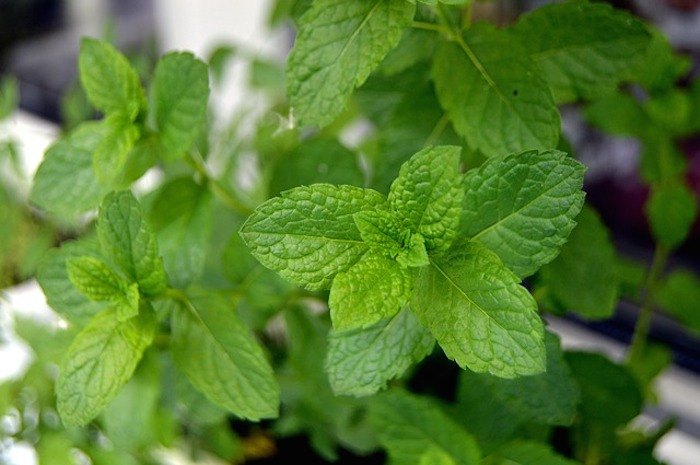10 Foods to Eat for a Bloat-Free Life
Instead of trying to eliminate everything that might cause an issue, what if you could feel better by adding certain foods?
Clinical herbalist Guido Masé prefers this route. Masé, the co-owner of Urban Moonshine—whose organic bitters are designed to get your digestive system in tip-top shape—and author of The Wild Medicine Solution: Healing with Aromatic, Bitter and Tonic Plants, explains that this type of stomach distress can be caused by the absence of important foods in our diet—and fixed by adding them.
Strongly scented herbs, for example, help control the nausea, gas, spasm, and cramping associated with everything from motion sickness to IBS (irritable bowel syndrome), Masé says. "They relax the smooth muscle bands that line our digestive tract," he says.
Here, Masé shares his short list of foods and herbs that help ease digestive distress the natural way. And thanks to the strong connections between the gut and all facets of health, they might also rev your metabolism and leave you with glowy skin. (Bonus!)
Originally published September 25, 2015. Updated July 7, 2017.
Keep reading for 10 bloat-busting foods.
1. Peppermint
"It’s no coincidence that the after-dinner mint is still popular, but try the natural tea version instead: it works both hot and iced," Masé says. Peppermint can help relieve spasm and cramping in the belly, "and it dispels feelings of bloating and fullness when we’ve overindulged," Masé explains. Research has also been done on its ability to help manage IBS. How about a cuppa?
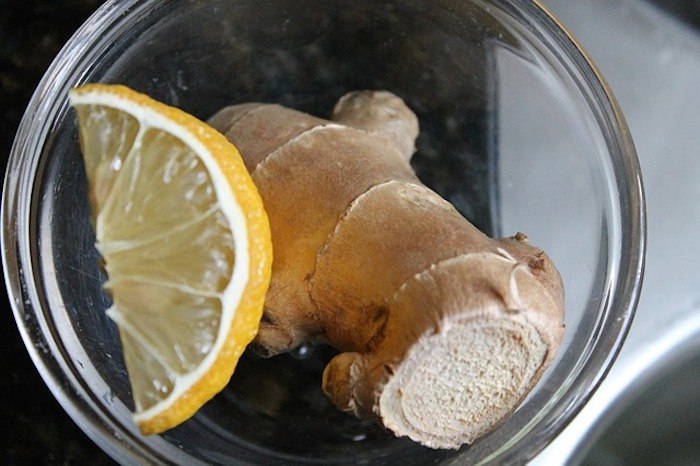
2. Ginger
This root is known as one of the best natural remedies for nausea. "Clinical research finds it beats Dramamine for nausea, and works wonders for morning sickness," Masé explains. Add it to a stir-fry, make tea with freshly grated root and hot water, or pop a piece or two of crystallized ginger (great for traveling, says Masé) to help ease digestion. "Ginger is also a good anti-inflammatory," and helps relax the digestive tract, he says.


{{post.sponsorText}}
3. Fennel seed and bulb
"You will often find a small tray of fennel seeds on the way out of an Indian restaurant: a small pinch of these seeds quickly relieves gas and bloating," says Masé. If you suffer from chronic bloating, consider using the bulb—its oils help relieve flatulence (TMI?) "better than almost any other food." Grate or slice it, and eat it raw or roasted.
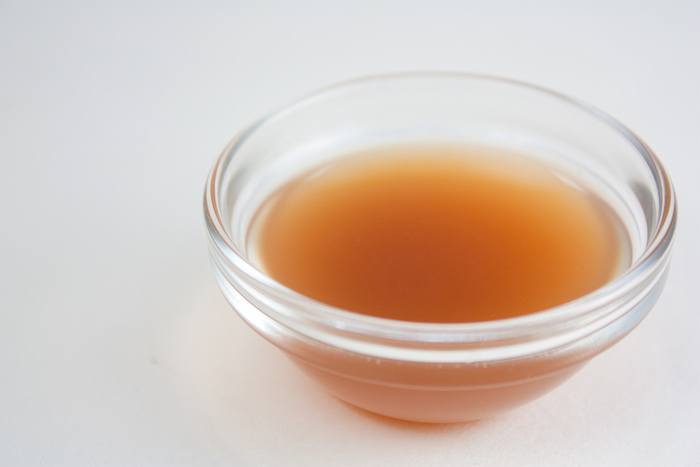
4. Apple cider vinegar
The powers of apple cider vinegar are numerous, and one of the biggest is how it helps curb digestion issues like acid reflux. "It works because the valve at the bottom of the throat closes tightly when stimulated by vinegar, and helps keep stomach acid where it belongs," Masé explains. Plus, it's a fermented food that's full of healthy bacteria essential for keeping your gut balanced and healthy—another important facet of flawless digestion.
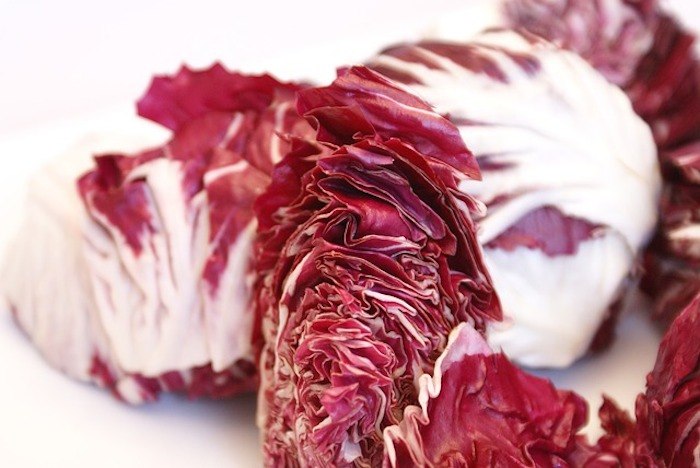
5. Radicchio
Sure, the lettuce-like veggie brightens up any salad, but as a type of chicory, its bitter flavor has some functional purposes, as well. "The bitter flavor primes digestive function, enhances the production of digestive enzymes, and helps our digestion naturally break down what comes after the salad," Masé says. He suggests tossing it with olive oil, apple cider vinegar, and some salt, and enjoying it before your main course to prepare your stomach.
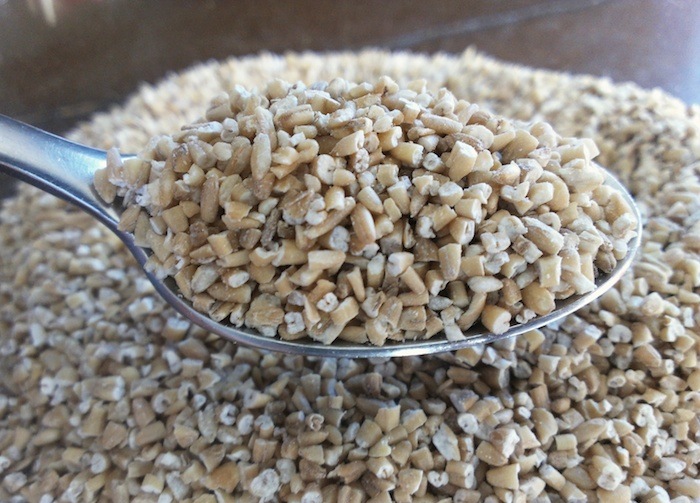
6. Milk thistle seed
The mildly bitter flavor of this seed works to get those digestive juices flowing, "but it really shines as a liver detoxifier and anti-inflammatory," Masé notes. "Daily use enhances the production of bile from the liver and this can help encourage good bowel regularity." Grind a few tablespoons in a coffee grinder and sprinkle in smoothies, oatmeal, or soups.
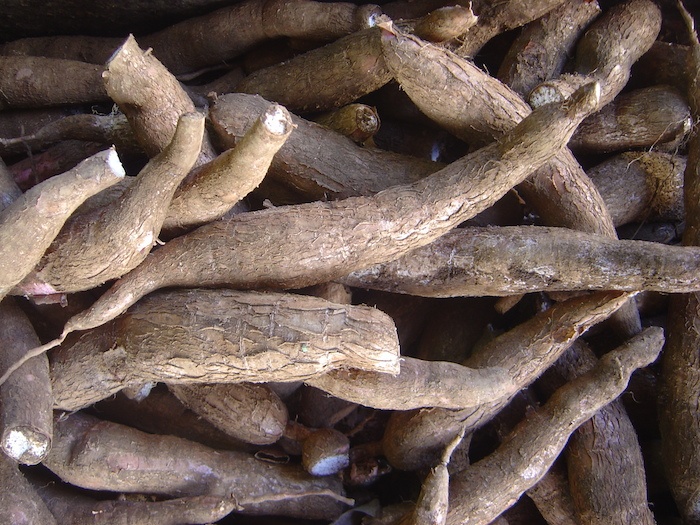
7. Burdock root
This root, a popular staple in herbal medicine around the world and of macrobiotic cuisine, is really beneficial for gut health, Masé says. "It's rich in prebiotic starches that feed beneficial gut organisms, making burdock a great complement to fermented foods." Bonus: It enhances sebum production, helping balance skin's moisture levels and control breakouts.
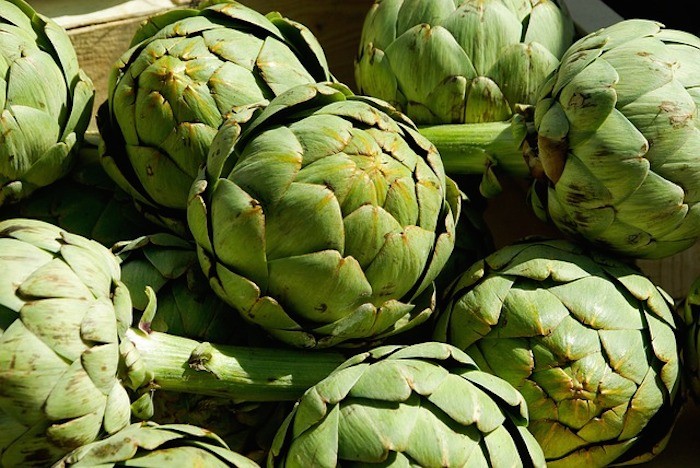
8. Artichokes
"The artichoke plant itself is a classic digestive bitter, used to smooth out irregularity, relieve heartburn, and prevent the fermentation that leads to gas and bloating," Masé says. The leaves are used in liquid bitters, but you don't want to eat those—the heart is an effective alternative that actually tastes good, too. Masé suggests eating them drizzled with olive oil and apple cider vinegar.

9. Slippery elm powder
This powder is a natural, herbal alternative to OTC laxatives. Masé explains: "Its water-soluble fiber content makes it an incredible, safe first-line laxative that is not habit forming—it's soothing and restores regular bowel habits without ever loosening the stool." Two tablespoons a day, mixed into a smoothie, is all you need for its effects.
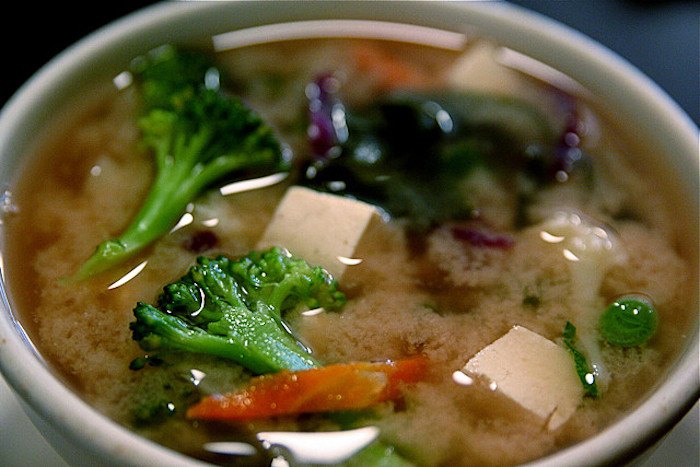
10. Miso
Thinks: fermented, gut-boosting goodness. "Miso is loaded with a diversity of beneficial live organisms and helps restore and maintain good bowel health, especially after antibiotic use," says Masé. Simply sipping on the warm broth can immediately calm and soothe your stomach. Add a dollop to hot water (but not boiling water—combine just before the water boils, or after you've taken boiling water off the stove) to make sure you don't kill the miso's healthy bacteria.
If you're still experiencing digestive probs, it could be leaky gut. Here's what you need to know. Or, try going on the Low-FODMAP Diet.
Loading More Posts...
